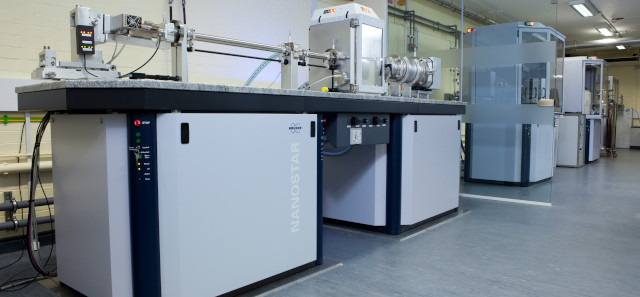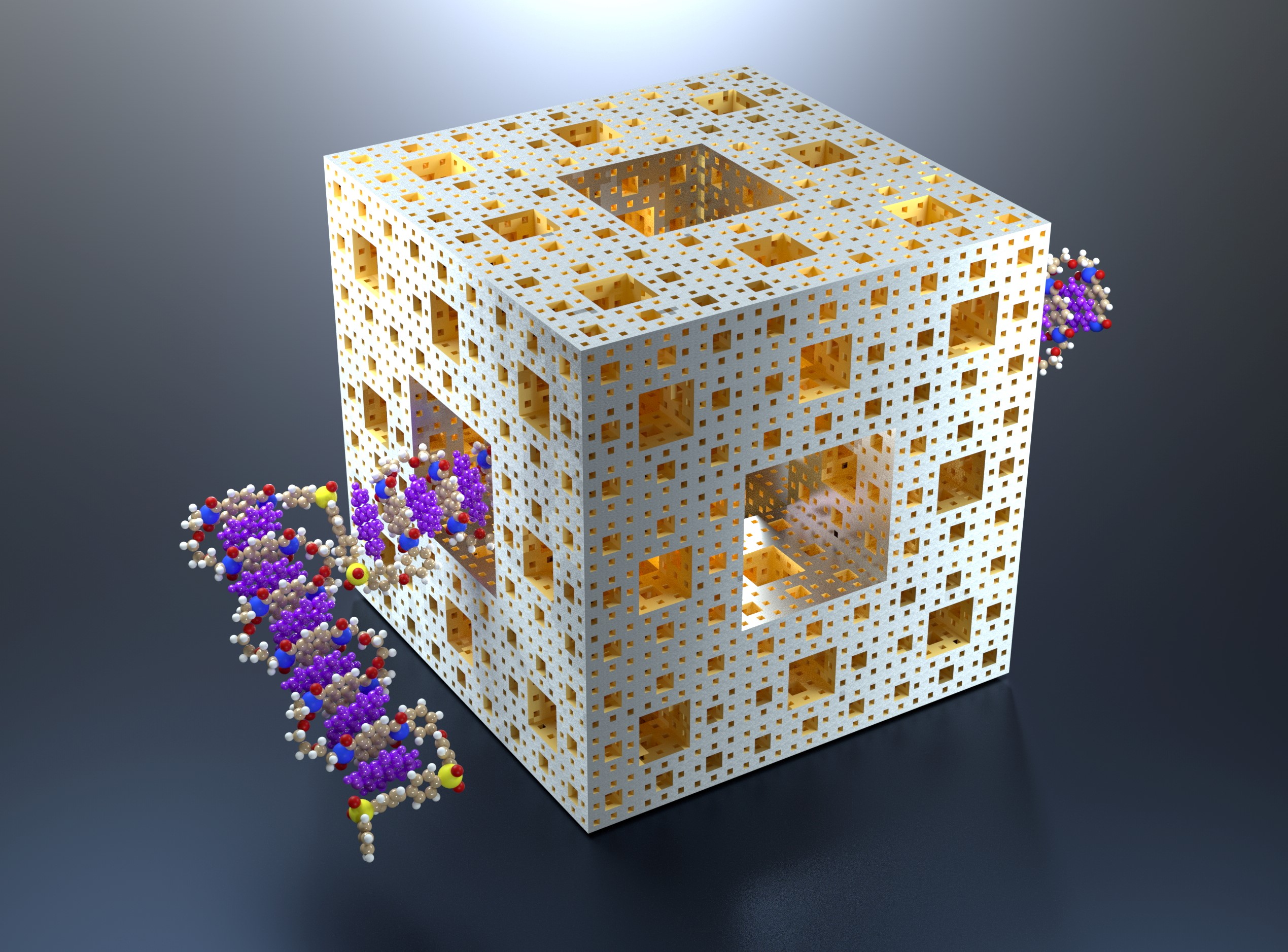Technology-driven research
Whether developing plastics with the potential to enable vehicle components to fix themselves or creating thermoelectric devices which generate electrical energy from waste heat, researchers in the Chemical Sciences Division are employing emerging technologies to make ground-breaking strides for society.
Our world-class work encompasses Materials Chemistry, Molecular Chemistry and Chemistry for Life and the Environment and is carried out across traditional academic boundaries with engineers, life scientists, environmental scientists and medical professionals.
We enjoy excellent relationships with international facilities such as the Diamond Light Source and ISIS Neutron Facility, allowing us to perform detailed investigations, and our global outlook results in regular collaboration with teams in the USA, India, South Korea, France and China.
Our technologically-driven research and worldwide reach enable us to address large-scale problems such as nuclear waste remediation, wound healing and the reduction in consumption of fossil fuels.



